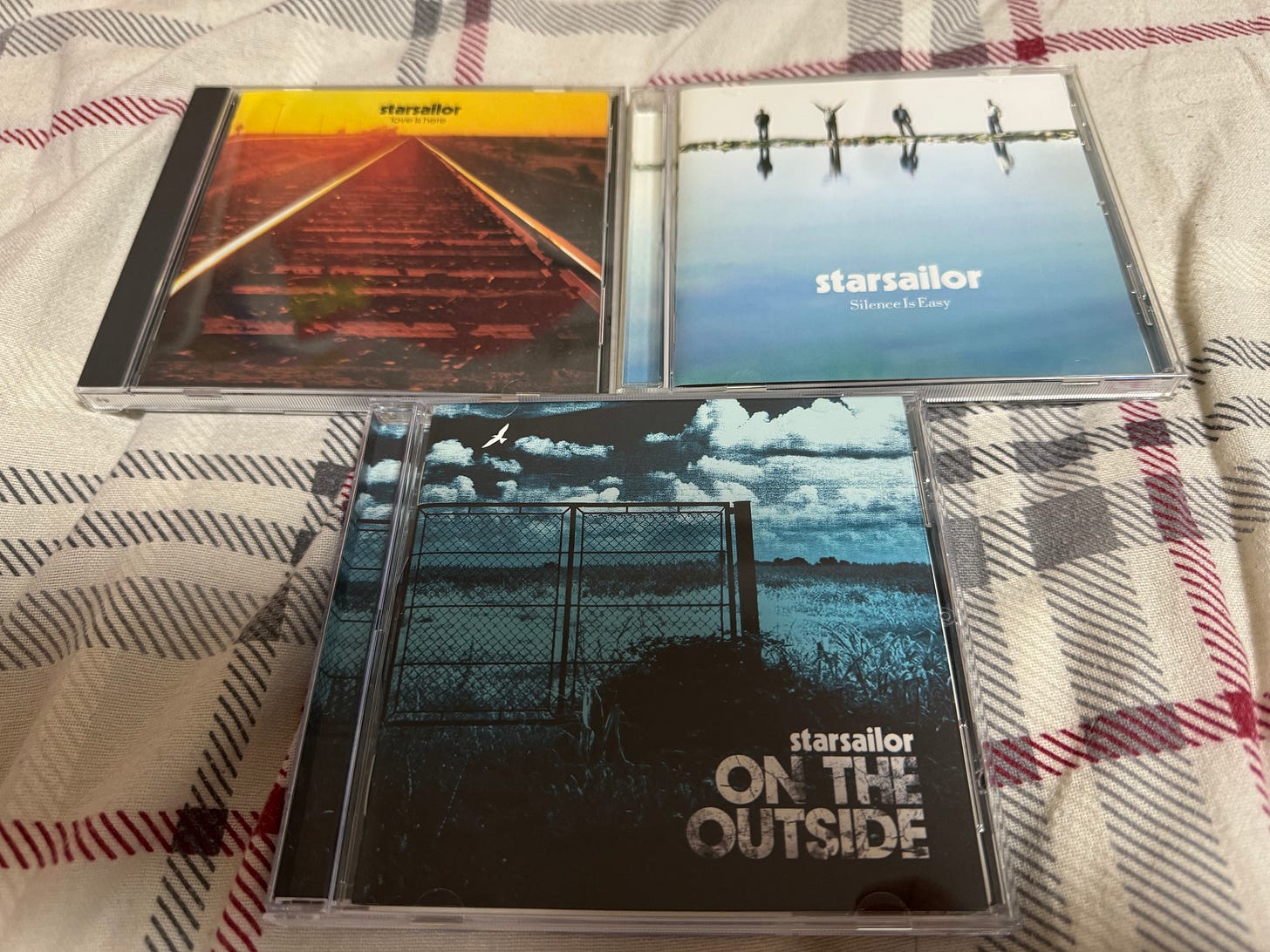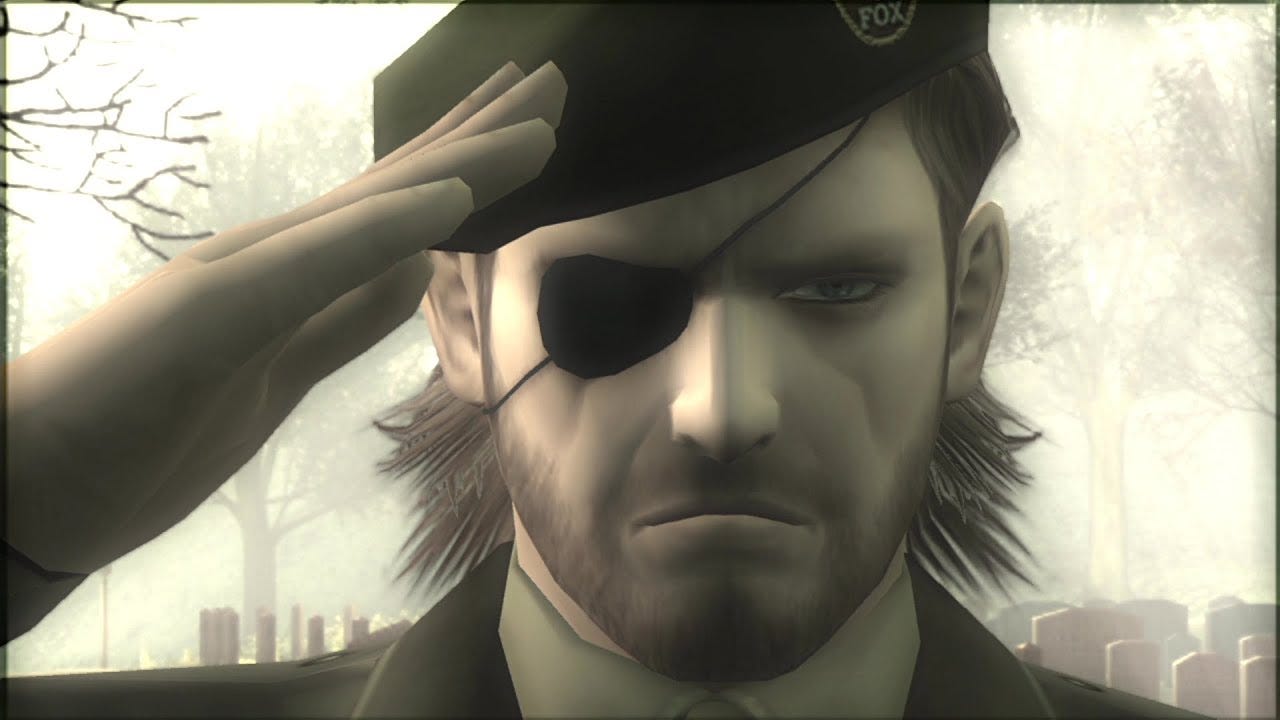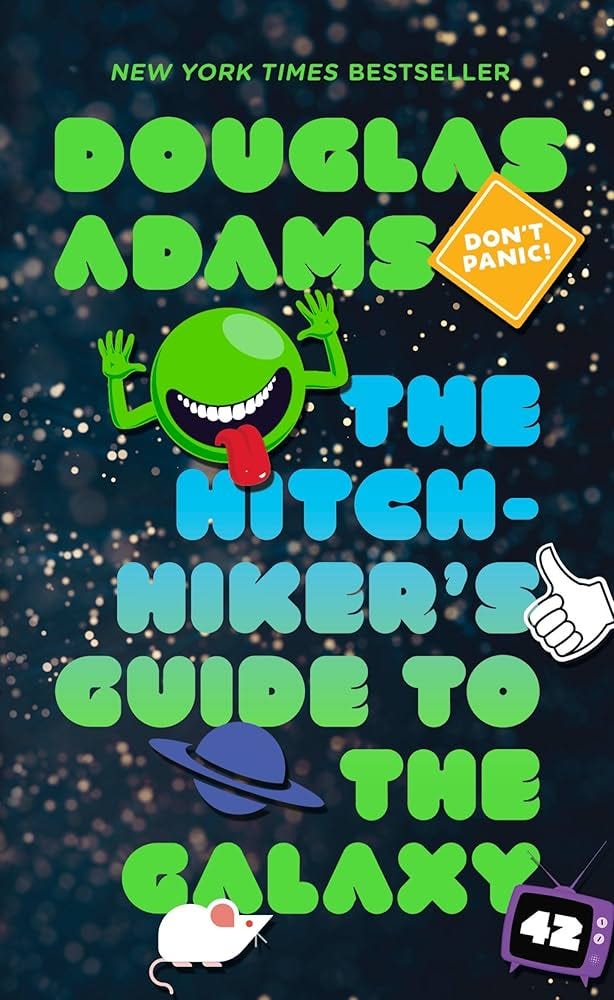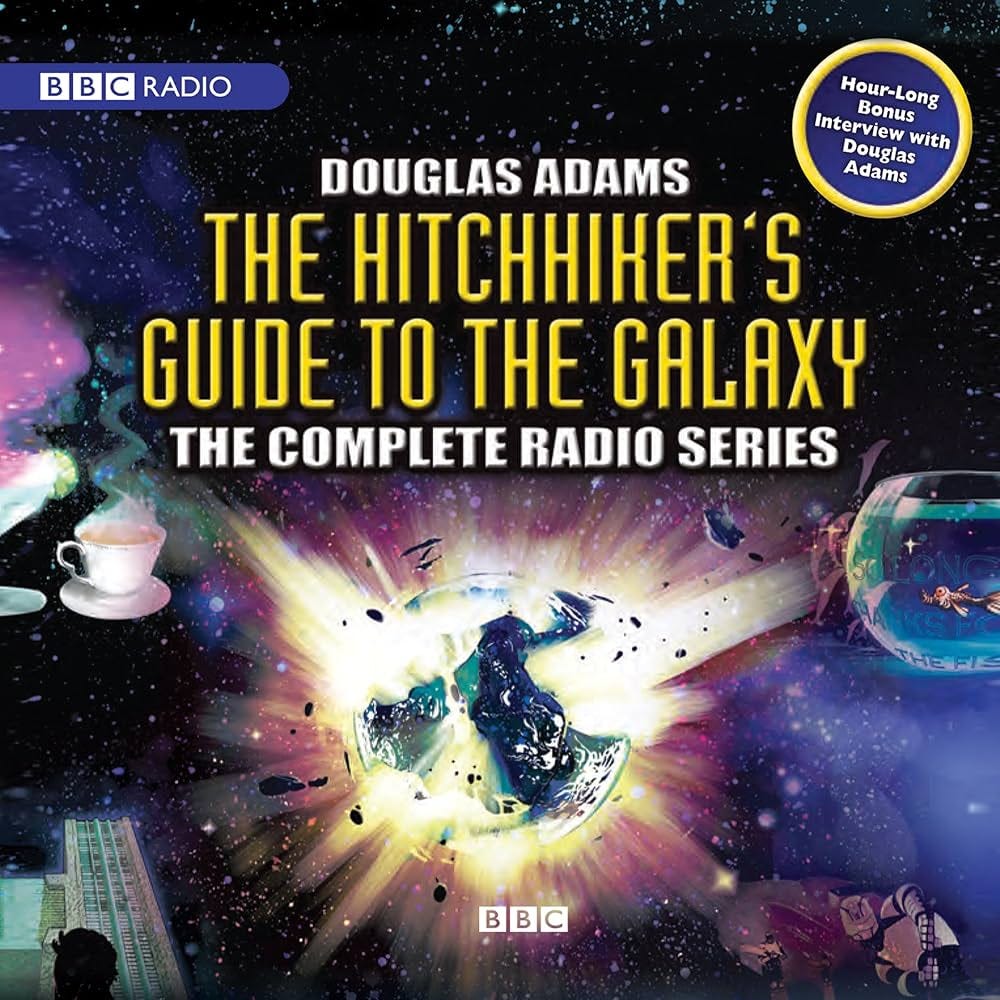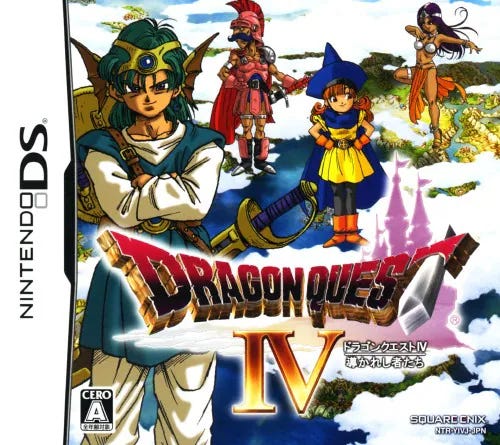Bonus Perspectives: Deadpool & Wolverine, Kamala Harris, Overtourism in Japan, and Starsailor
A spoiler-free review of the latest MCU flick, how Kamala Harris echos the 1968 U.S. presidential election, and more.
Bonus Perspectives is a weekly column series containing my thoughts on the latest Western news and Japanese news, as well as film, television, music, book, and video game recommendations. It’s free for all subscribers to this Substack, but if you enjoy my writing, consider opting for a paid subscription. Doing so will give you access to exclusive in-depth pieces and my entire backlog of work. Your support is greatly appreciated!
Goodbye Joe, Hello Kamala?

Joe is out, Kamala is in. Well, that’s at least how things seem to be playing out. While the vice president has yet to be officially confirmed as the Democratic Party’s nominee for this fall’s election following Biden dropping out, all signs point to Kamala Harris being the most likely candidate to replace him. Notable Democrats like Barack Obama and California Governor Gavin Newsom have already endorsed her. Harris, however, has anything but an easy path to the White House.
With Donald Trump surviving his near-brush with death and producing an incredible photograph standing triumphant in the process, the Republicans currently have the upper hand in optics while the Democrats look like headless chickens running abound. A lot can change in four months, but that’s hardly much time to organize a strong campaign that will instill confidence in potential voters. It isn’t the dyed-in-the-wool Democrats Harris has to appeal to, but the undecided crowd who can significantly impact election outcomes.
The closest historical parallel we have is when President Lyndon B. Johnson announced on March 31, 1968 that he would not seek the Democratic Party’s nomination for that year’s election. It was a similarly polarized time to the one Americans live in now, and Johnson’s vice president, Hubert Humphrey, became the new nominee. The ultimate result was Republican Richard Nixon winning the 1968 election on his “law and order” platform while also promising to end the Vietnam War.
Will 2024 be a repeat of 1968? While America is currently not directly involved in an unpopular war, continued support for U.S. military aid to Ukraine is guaranteed to be one of the biggest foreign policy debates between both parties this November. Polls show that Democrats overall support sending aid to Ukrainian President Volodymyr Zelenskyy more or less indefinitely until Kyiv regains all of its territory stolen by Russia, while the Trump campaign a la Nixon with Vietnam is claiming a swift end to the conflict. While I don’t buy those promises, Biden’s approval rating is at a new low and the narrative (whether you believe in it or not) that Putin would never have invaded Russia in the first place if Trump were in power is bound to have sway with some voters.
But what even is Kamala Harris’ foreign policy? A recent column in The Spectator by Daniel DePetris noted her lack of experience in this realm compared to Biden’s decades of close relationships with various foreign leaders. While she is likely to have continuity with the current administration on aid to Ukraine, how she will handle issues in the Middle East and other regions is more of an open question. These are largely untested waters for Harris, whereas Trump will no doubt repeat his talking point that no new wars were started under his administration.

On domestic policy, Harris has been criticized as a flip-flopper. She previously served as a no-nonsense attorney general of California who enforced policies that law and order Republicans would ironically agree with, but for the last few years has tried to rebrand herself as a progressive to mixed results. The Trump campaign is currently pushing the narrative that Harris was a supporter of violent Black Lives Matter riots in 2020, while BLM is hilariously no fan of her either.
So at the end of the day, who actually likes Kamala Harris? The two best things the vice president has going for her is that she isn’t an octogenarian in cognitive decline like Biden and that she isn’t Trump. That’s of course an extremely low bar for any person running for president, but I’ve always maintained that Republicans should not underestimate how much half the United States despises Trump with a passion. But as I mentioned in last week’s column, I’m now more prepared than ever for a second Trump term.
I think Harris simply has too much against her with the general lack of enthusiasm for her campaign and the overall decline in Biden’s approval ratings. Even if neither of the options are good ones, Americans will historically choose change if they perceive the current party’s regime as ineffective. The real question is if Americans’ dissatisfaction with the establishment will outweigh dislike of Trump as it did in 2016. I don’t anticipate Trump to win in a landslide, but then again, neither did Nixon when he entered the White House in 1968.
Should Japan Raise Prices for Tourists?
In my neck of the woods, major Japanese cities like Kyoto are currently dealing with a sharp increase of tourists. There’s even a trending word for it now, “overtourism,” which has entered the Japanese lexicon in katakana as オーバーツーリズム. While smaller countries like France and Spain actually receive far more tourists on average than Japan, there’s an argument to be made that this country has been ill-prepared to adequately deal with the realities of a post-pandemic world.
One has to remember that Japan’s strict border policies during the pandemic resulted in an effective two-and-a-half-year-long ban on tourism. But when the floodgates opened in October 2022, millions of people who had been planning their trips here came rushing in. The yen is currently very weak, which also means that Japan is no longer a destination just for those with sizable incomes. Once you get over the flight tickets being the most expensive hurdle, one can have a grand old time here with extremely cheap food, internet-viral sightseeing spots, and memorable souvenirs. I even wrote about how the retro video game market in Japan has drastically gone downhill because of the increase in tourism.
A massive influx of tourists is going to be a radical societal change no matter how you slice it, and many locals are wary. While visitors from abroad are able to take advantage of the weak yen, those who live in Japan have to deal with the consequences of their money only going so far amid wages that have been stagnant for years. There are plenty of viral videos online which illustrate some tourists completely ignoring Japanese social rules and displaying bad manners, while here in Kyoto you don’t have to go far to see buses jammed pack with people and certain areas borderline unwalkable. Many businesses are struggling with the hike in upkeep costs and thus are considering charging foreign tourists more.
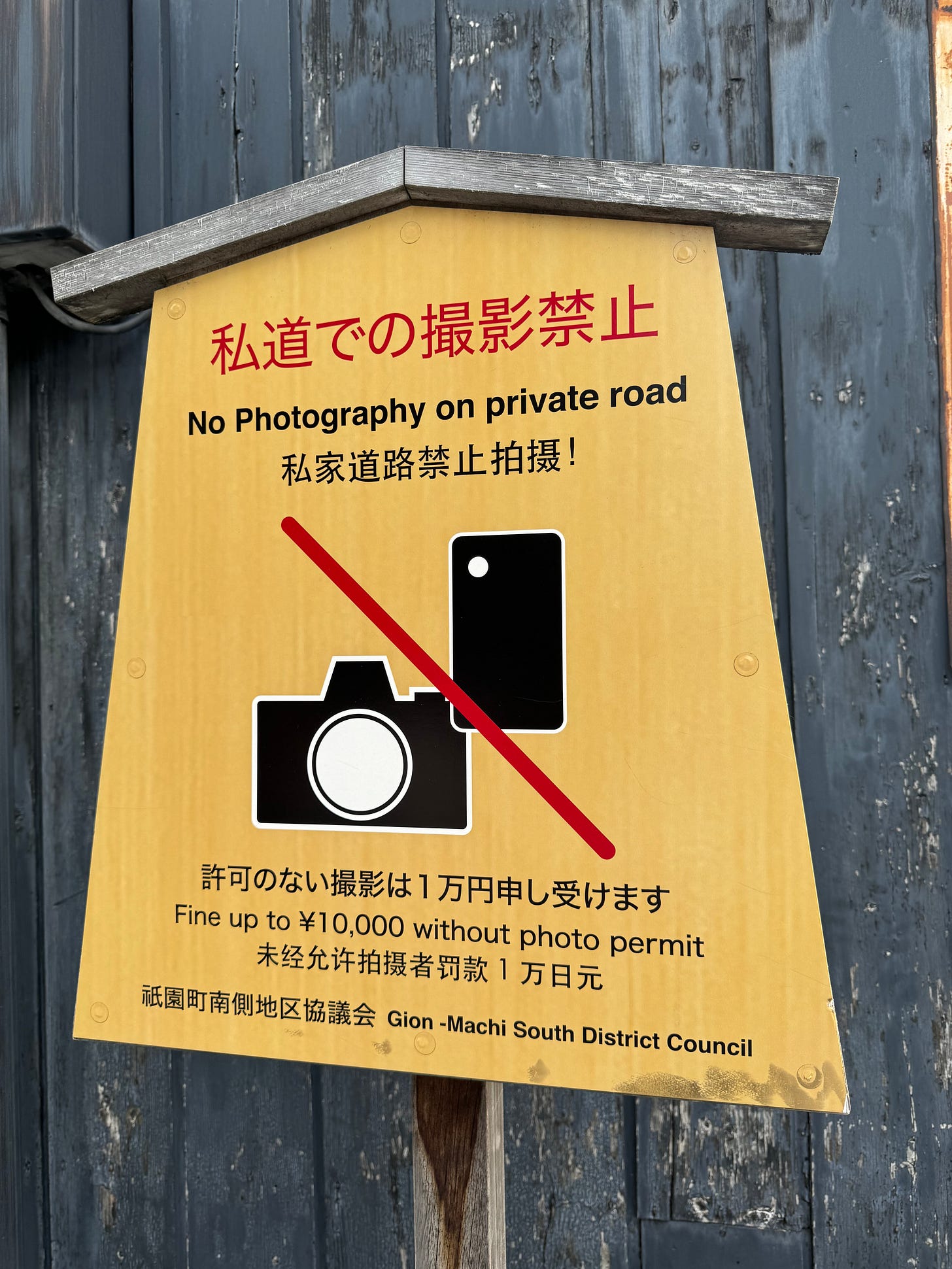
My friend Gearoid Reidy recently wrote an op-ed on this topic that I find myself in large agreement with. Many World Heritage sites across the world cost much more than Japan’s tourist destinations, while plenty of countries offer two-tier pricing systems between locals and foreign visitors that have never really been decried as unfair. Tourists in Japan already benefit from tax exemptions on countless consumer goods and access to the famed JR Rail Pass, neither of which locals can take advantage of. As Reidy points out, the issue is the Japanese government coming up with a national policy that clearly defines what costs what to who.
Things are simply not sustainable at current prices. While Japan has always had tourists, the speed and volume in which visitors are arriving will have lasting economic implications for years, if not decades. How this country will appropriately deal with these realities remains to be seen, but a slight increase in prices for the tens of millions of tourists who are coming here is hardly the most radical proposal.
What I’m Watching — Deadpool & Wolverine is a Much Needed MCU Crowdpleaser
Note: This review is spoiler-free.
It’s no secret that the Marvel Cinematic Universe has lost most of its luster since the 2019 release of Avengers: Endgame. If one looks at the Wikipedia list for Phase Four and Phase Five projects, you’re going to be hard-pressed to find much that will probably be remembered as rewatchable classics apart from Spider-Man: No Way Home, Guardians of the Galaxy Vol. 3, and *maybe* Loki. Like Star Wars, I don’t blame anyone who has decided to completely jump ship at this point.
The current zeitgeist of superhero films just makes it all the more incredible that Deadpool & Wolverine turned out as well as it did. This is the comic book movie crossover of titans many have been demanding for decades, being something that was clearly made for hardcore fans. It’s probably the most violent any superhero film has ever been, surpassing even the visceral carnage James Mangold’s Logan put on display back in 2017. Moral conservatives will bemoan the normalization of graphic violence in our entertainment I’m sure, but the rest of us will stick around for a damned good time.
I was grinning ear-to-ear throughout my screening, which is something I haven’t been able to say about going to the cinema in a long time. It wasn’t just Deadpool’s hilarious fourth wall-breaking quips sarcastically roasting the state of the MCU or the well-written jokes that did it for me. Hugh Jackman’s clear dedication to the role of Wolverine after over 20 years and the surprisingly emotional resonate moments he shared with Ryan Reynolds put this film far and above what we’ve been seeing from superhero films as of late.
Indeed, Deadpool & Wolverine is a love letter to what comic book movies used to be before the MCU standardized the formula for better and worse. Without spoiling the countless cameos, those old enough to remember the good, the bad, and the ugly of 20th Century Fox’s superhero output are bound to be pleased. Like Spider-Man: No Way Home, it provides satisfying redemption arcs for characters that never got to properly finish their stories, while even showing us a glimpse of what could have been had others been given material to work with at all.
With that said, I can see this movie not being everyone’s cup of tea. If you don’t like the character of Deadpool, this extremely violent and vulgar threequel with Wolverine is unlikely to change your mind. If you generally don’t like superhero films, this won’t change your mind either, though I question why you would be spending money to see one at all by this point. Film bros need not apply. On a more general level, some may find the story rather thin and more of an excuse to drive fan service, but I personally don’t think any of the cameos are wasted.
Will it save the MCU from its current state? Very likely not. Still, I got my money’s worth and had a wonderful time as a lifelong fan of these characters. Deadpool & Wolverine delivers exactly what it says on the tin and isn’t trying to reinvent the wheel with pretentiously botched attempts at deconstruction or deepness. It does raise the question if Hugh Jackman is really done with Wolverine, but I wouldn’t mind seeing him in future cameos or supporting roles. If Deadpool & Wolverine is the end of the line for him though, that’s also fine with me. I can’t wait to see it again.
What I’m Listening To — The Gen X Post-Britpop World of Starsailor
It’s always a great experience discovering music you’d otherwise never know about through movies, television, and video games. One of my favorite franchises is the stealth action game series Metal Gear because its creator Hideo Kojima often incorporated his own music tastes throughout each entry in relation to their narratives. With the remake of Metal Gear Solid 3 set for release later this year, my interest in the series has sparked again despite having long considered it over with the 2015 release of Metal Gear Solid V: The Phantom Pain.
Anyways, the original MGS3 in 2004 concluded with the song “Way to Fall” by the British band Starsailor. It’s a beautiful piece of acoustic pop about a son hearing advice from his father about life’s difficulties and pressures. While the composition fits perfectly with the series’ overarching themes of paternalistic relationships, Kojima initially planned to have the game end with David Bowie’s “Space Oddity” and “Ashes to Ashes.” This was because MGS3 started out with a space theme, though this became less relevant in the final story. Even more interesting is that Kojima was recommended the American indie rock band Stellastarr, but misheard it as Starsailor.
Happy coincidences aside, Starsailor is a band worth checking out. It’s probably accurate to say that MGS3 was a major factor in the group seeing a boost in popularity, but they were and still are reasonably successful despite not being the biggest name. “Way to Fall” is from their first album Love Is Here, a gorgeous collection of music in what’s often referred to as the post-Britpop subgenre. Somewhat hard to pin down, it was essentially a cultural turning point of Gen X English alternative rock artists taking some cues from their country’s previous era of music that prominently featured Britishness, but being more drawn to American influences. The result was a hybrid of sorts between pop music from both sides of the pond.
Post-Britpop was controversial in its day. Some praised it for evolving British music and being more introspective, while others slammed it for being too Americanized and bland. Starsailor’s contemporaries were the likes of Coldplay and Stereophonics, while established acts like Radiohead shifted their style in the direction of post-Britpop. With how bad and artificial most modern pop music sounds thanks to AI and TikTok trends though, these debates seem rather quaint in retrospect. This of course doesn’t mean that Gen X didn’t have music that sucked either, but I recommend giving this era another look if you want something that sounds more heartfelt and less manufactured in a lab.
Starsailor is still alive and kicking too. Silence is Easy, On the Outside, and All the Plans continued to build upon the style established by Love is Here, while after a few years of hiatus the group reunited in 2014 with new tours and released All This Life in 2017. Their latest album, Where the Wild Things Grow, came out earlier this year and proves that they haven’t lost their touch. Critics have always been more tepid in their praise, but Starsailor maintains a loyal following among its fans. All the band’s albums have been decently successful in Japan as well, which isn’t so surprising considering that this kind of accessible pop music has always been well-received here.
Listening recommendations:
“Tie Up My Hands” from Love is Here
“Poor Misguided Fool” from Love is Here
“Way to Fall” from Love is Here
“Some of Us” from Silence is Easy
“Silence is Easy” from Silence is Easy
“Four To The Floor” from Silence is Easy
“In The Crossfire” from On The Outside
“This Time” from On The Outside
“Tell Me It’s Not Over” from All The Plans
“All The Plans” from All The Plans
“All This Life” from All This Life
“Caught in the Middle” from All This Life
“Where The Wild Things Grow” from Where The Wild Things Grow
“Dead On The Money” from Where The Wild Things Grow
What I’m Reading — The Hitchhiker’s Guide to the Galaxy is Social Satire Done Right
Douglas Adams was a delightfully hilarious writer who left us far too soon. While my tiny Kyoto apartment makes shelf space a premium, I’ll always have room for Adams’ work in my library. I recently decided to collect hardcover editions of his books, with the most notable being The Hitchhiker’s Guide to the Galaxy and its multiple sequels. I’ve also acquired his Dirk Gently novels and his posthumous publication The Salmon of Doubt, but that’s a subject for another column.
Within just a few pages of The Hitchhiker’s Guide to the Galaxy, readers will immediately see that Adams was a sharp humorist fascinated by the absurdities of the human condition and all the bullshit we put up with on a daily basis for the sake of having functional societies. It’s ostensibly a science fiction novel, but intentionally written to be both comedic social commentary and a satire of bad sci-fi works with seemingly impenetrable lore and nonsensical jargon. I would argue that it’s science fiction for people who normally would never touch the stuff, but that there’s also plenty for fans of the genre to appreciate.
In addition to the book being funny, it’s also surprisingly poignant. Adams called himself a “radical atheist,” but I never found him to be bitter or mean-spirited. For as much as The Hitchhiker’s Guide to the Galaxy pokes fun at religion, it equally takes jabs at stuffy university intellectuals and useless politicians so sure of their own dogma. The book isn’t pushing any kind of agenda, and from what I gather Adams himself wasn’t overtly political apart from a life-long dedication to environmentalism. I won’t try to summarize the plot here as that would require a lengthy explanation, but needless to say I think most will be greatly entertained.
The Hitchhiker’s Guide to the Galaxy originally began as a BBC radio drama series in 1978. While Americans have largely abandoned radio as a narrative medium, new programs are still being produced in the United Kingdom even today. Hitchhiker was particularly innovative for its futuristic sound design and music scoring, which caused it to gain a strong cult following after its initial broadcasts. You can find full recordings of the show via outets like Audible, and this is how I originally experienced the story before reading the novel.
The book is essentially a faithful adaptation of the first four parts of the first radio series, though obviously the printed medium allows for more detailed descriptions and longer passages. Stephen Fry narrates the audiobook edition, and I found his delivery to be spot-on. He has one of the best voices in the entire history of British entertainment. You can’t really go wrong with either version, but it is interesting spotting the differences. Hardcore collectors may want to check out the vinyl record edition of the radio series as well, which also comes with its own changes.

The Hitchhiker’s Guide to the Galaxy radio series went on to spawn multiple sequel novels, multiple stage shows, a television series, a feature film that took years to develop, and even a deviously difficult computer game that Douglas Adams himself had a hand in creating. I may cover some of these works in future editions of Bonus Perspectives. Considering that this was long before IPs like the Marvel Cinematic Universe became massive global franchises, one has to admire just how ahead of his time Douglas Adams was in knowing how to use multiple media formats to tell an entertaining story.
What I’m Playing — On the Road with Dragon Quest IV
If you’ve ever wanted to get into RPGs, my first recommendation is always Dragon Quest. It’s the quintessential series that contains all the standard hallmarks of the genre, but done in a charming format that’s accessible for beginners and enjoyable for veterans. I recently wrote about how the upcoming remake of the third game will probably be the perfect entry point for those who’ve never played the series, but I’m currently on the fourth one.
My bad habit of starting video games and inconsistently playing them is why it took me nearly 15 years to beat the original Dragon Quest trilogy. I played the very first one when I was a middle school student circa 2010. My mother owned an NES which meant that I was regularly experiencing old games in addition to what was then new for Wii and Xbox 360. Despite its archaic simplicity, Dragon Quest (or Dragon Warrior as it was initially called in North America due to copyright issues) still felt like an epic adventure to me. But I never actually beat that original NES game.
Around this time, I got into the world of video game emulation and learned that the first Dragon Quest game and its sequel were remade for Super Famicom (the Japanese equivalent of the SNES). This port had better balancing and required less grinding to gain levels, but unfortunately never released outside of Japan. This is where the fans stepped in and produced a full English translation, which is how I beat the first game by the time I got into high school.

So much time has passed that I moved to the other side of the world and can now play these games in the original Japanese language. To make a long story short that will be the subject of a later article out around the time the Dragon Quest III remake releases this fall, life got in the way and I didn’t beat the first trilogy until earlier this year. I’m now on Dragon Quest IV and am committed to seriously playing the rest of this series on a regular basis. The fourth, fifth, and sixth games comprise the franchise’s second main trilogy and received full remakes for the Nintendo DS, which is how I plan to get through them.
Dragon Quest IV continues the open world gameplay of its predecessor, but features a chapter-based story structure. Each chapter follows a different protagonist until they eventually unite midway through the game and work toward a common goal. While this is standard RPG stuff now, DQIV was originally an NES title released in 1990 and there was simply nothing else like it at the time. The music was even innovative — it was one of the first video games to feature a crescendo (a gradual rise in sound), something that really was pushing NES sound technology at the time.
I’m currently at around the halfway point of the game with Chapter 3. This portion features the character Torneko, a merchant who dreams of opening his own shop one day. While Torneko can fight like other characters, his main mechanic is finding weapons on the battlefield and reselling them for as much cash as possible. You even have to initially raise funds by working as a shopkeeper who sells items. Again, it can’t be overstated how groundbreaking something like this was for 1990. Dragon Quest IV was truly pushing the envelope with what RPGs could accomplish and modern games in the genre like Octopath Traveler owe a debt to what it achieved.
Dragon Quest games are lengthy affairs, so moving forward I’ll occasionally post brief updates about my progress with new entries of Bonus Perspectives. These days I tend to have one or two long games like DQIV as my “mains,” while shorter games are “sides” that can be cleared more quickly. Look forward to my recommendations.
Foreign Perspectives is a reader-supported Substack. If you like my work and have come this far as a new reader or free subscriber, consider opting for a paid subscription so I can continue writing in-depth articles such as these on a regular basis. Your support is greatly appreciated!







